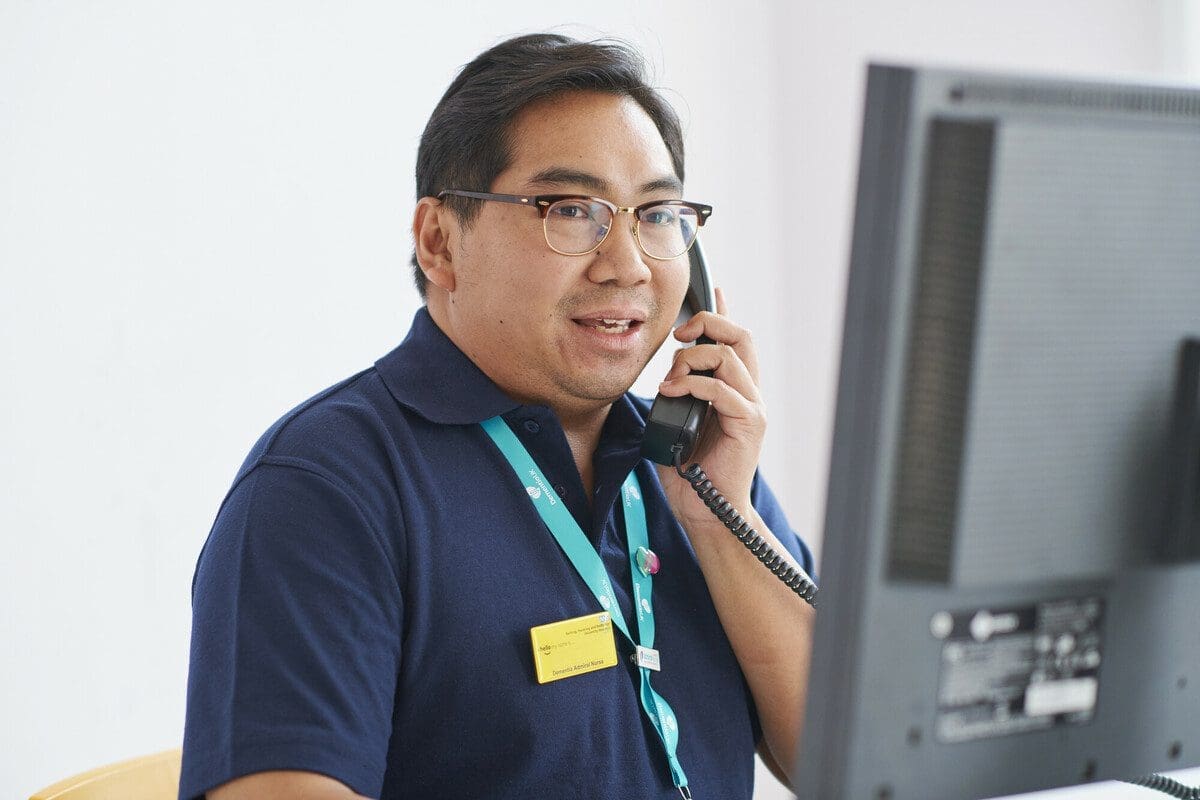
Admiral Nurse Dementia Helpline
Call or email our Dementia Helpline/Alzheimer's Helpline for reassuring and practical advice from our specialist team of Admiral Nurses.
Admiral Nurses from our Helpline share how they have managed the increased number of calls since the pandemic, as well as how they work with and support each other to provide life-changing advice to people and families.
Jo Freeman, Admiral Nurse on the Helpline:
The calls we’ve been getting have changed in response to different stages throughout the pandemic. From the first anxieties around care home restrictions in the first lockdown to the challenges that families are facing in accessing GP appointments, the calls have shown the multiple ways the pandemic has left families with dementia behind.
In these uncertain times, the Helpline is the last port of call for some families. Despite this, there are still things which families can do to help them think positively about the future – which is where we as Admiral Nurses come in. Trying to focus on what the person can still do and activities that they enjoy can help to reduce the fear and uncertainty that dementia can cause.
Just having someone on the other end of the phone to talk through any issues around a condition as hidden as dementia can be encouraging for many, and a call to the Helpline can be a chance for them to consider things from a different perspective.

Julie Green, Deputy Clinical Lead of the Admiral Nurse Dementia Helpline:
Being new to the Admiral Nurse Helpline, I feel extremely privileged to be a part of an incredibly supportive and cohesive team who provide such vital support to all those who are affected by dementia. As the Helpline is so responsive, there is a need to build a relationship and trust extremely quickly-without the usual communication skills you might rely on to do this, for example through facial expressions, eye contact, a smile and a touch. I have been surprised at how much callers divulge over the telephone and the depth of emotions expressed – I wonder how much this has to do with the anonymity and confidentiality of the call.
It is so rewarding to be able to help people with dementia and their families at a time of crisis, knowing that it makes such a difference.
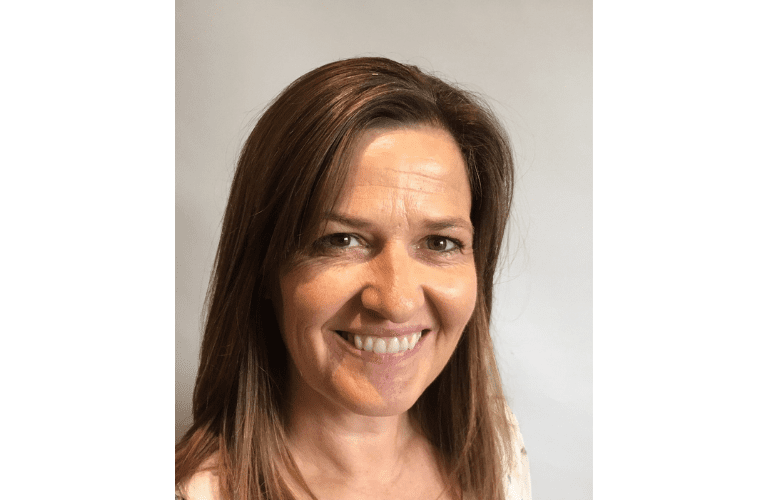
Caroline Woodcock, Admiral Nurse on the Helpline:
It is much busier than before, for both calls and emails, and the complexities of these have also increased. It seems that people who have found lockdown periods very difficult need to speak for longer as they have been unable to access other services. In response to this, we have increased the number of Admiral Nurses working each shift to ensure we are able to take as many calls as possible and respond to all messages.
We are still able to make at least one attempt at returning a call after someone has left us a message. We now invite people to let us know a convenient time for us to call back, so we get to speak with them. It does get extremely busy sometimes, but we work well as a team and often Nurses will help for a few hours even if they are unable to work the complete shift.
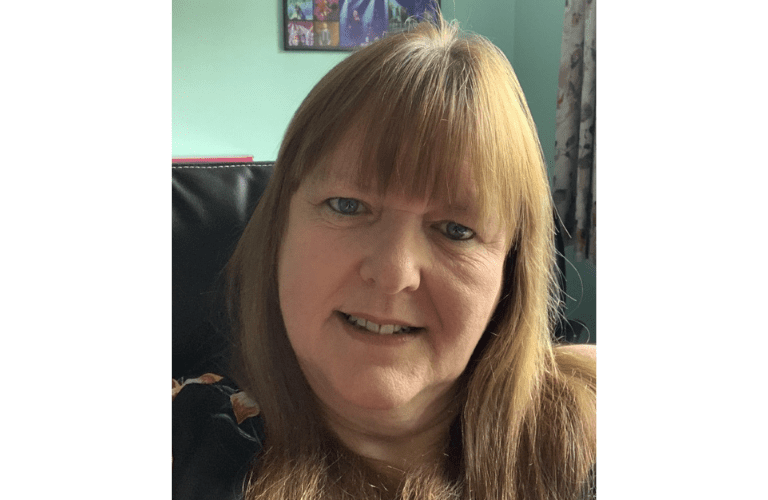
Vicky Wheeler, Admiral Nurse on the Helpline:
Given the emotional complexity of the calls we receive, it’s important for us to stay in contact with each other and support each other as much as possible. There are regular Tuesday and Thursday morning ‘check-in’ sessions before the shift starts – they’re an opportunity to have one of those ‘water cooler moments’ as you would have in the office, where you catch up more on a personal level and see if everyone’s ok. I feel that these meetings have brought us together as a team and provide an opportunity to laugh and boost each other’s morale before starting the day.
Throughout the day, if anyone has a question, we keep in contact via a group email thread that is generated at the beginning of the shift. We use a separate thread for personal chat and another one where we can keep abreast of how the Helpline is faring more widely.
From 9am-9pm on the weekdays and 9am-5pm on the weekends, it’s important that we look after ourselves so we can continue providing the best possible support and advice to people affected by dementia. We also offer a ‘Buddy’ to all newly appointed staff so that they have ongoing support with a person who they are familiar with.
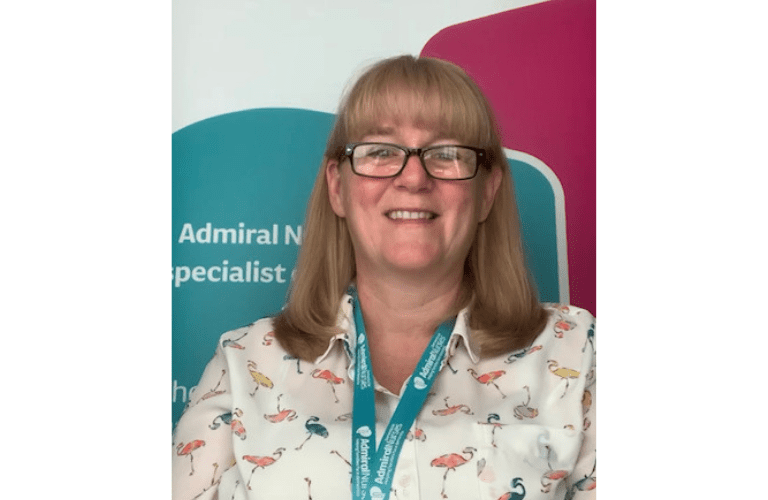

Call or email our Dementia Helpline/Alzheimer's Helpline for reassuring and practical advice from our specialist team of Admiral Nurses.
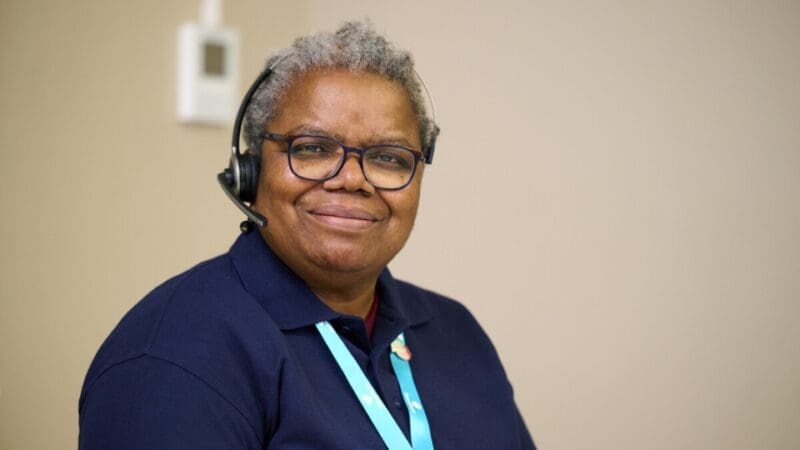
Whether you have a question that needs an immediate answer or need emotional support when life feels overwhelming, these are the ways our dementia specialist Admiral Nurses can support you.
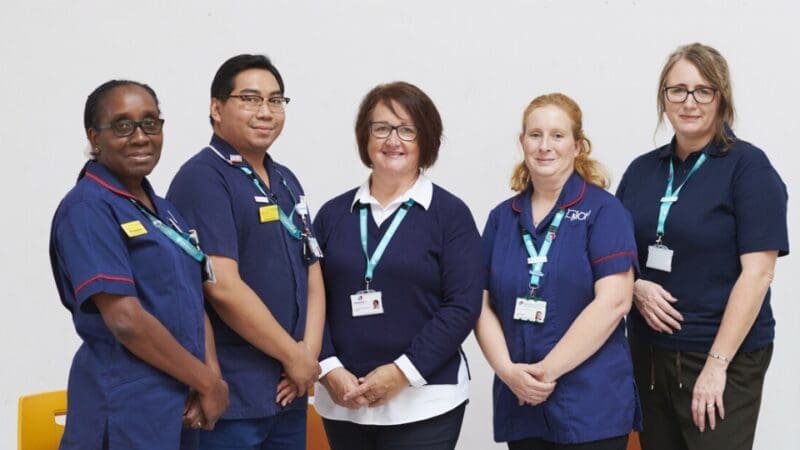
Find out what a typical day looks like for an Admiral Nurse in both an acute and community setting.